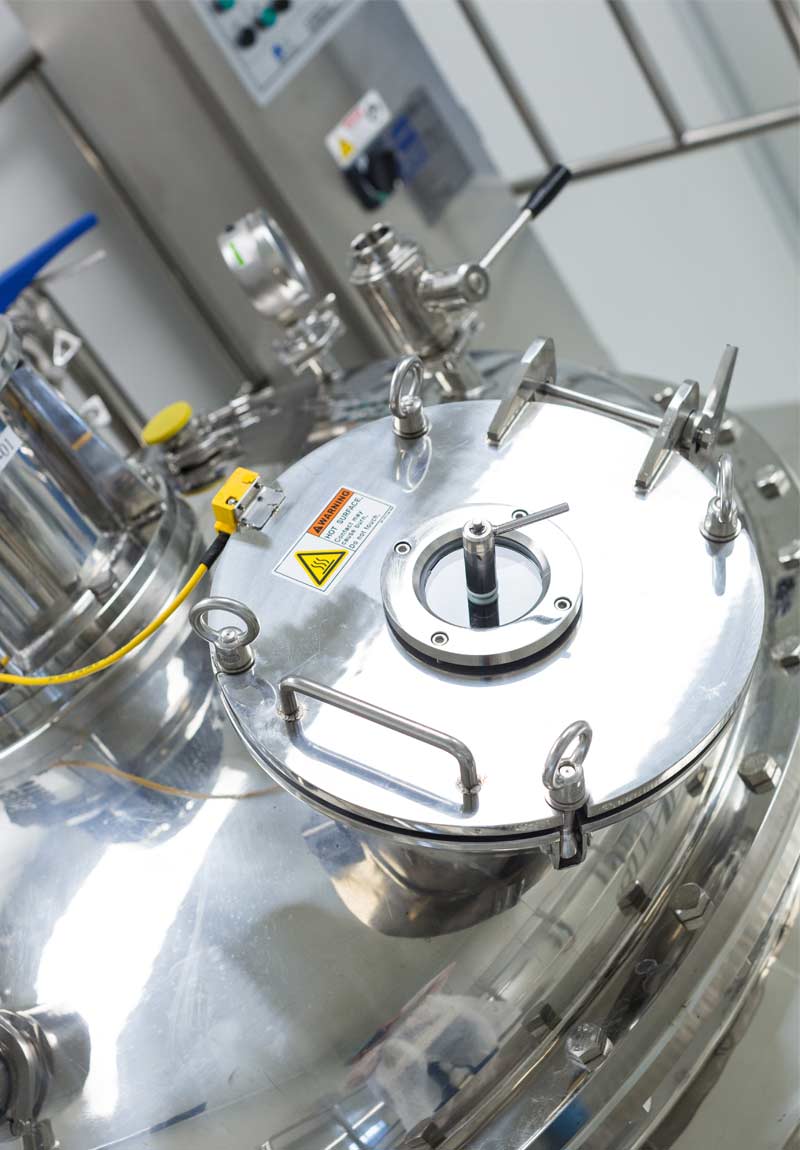![]() Syteline Process Manufacturing
Syteline Process Manufacturing
Process Manufacturing Factory of the Future
The definition of the Factory of the Future is evolving; even the name is in flux. Some call it Smart Manufacturing, Industry 4.0, or the Digital Enterprise. While the terms may vary, there’s one thing that is clear: the Factory of the Future is the product of fast-changing disruptive technologies hitting process manufacturing like a cyclone. Information technology and operational technology are both seeing drastic innovations, and the convergence of these two forces is creating a paradigm shift. For food and beverage and chemicals and life sciences companies, a fourth industrial revolution is starting now. Many analysts predict that the stagnation and slow recovery that followed the Great Recession will evolve into a period of expansion for process manufacturers.

- 82% reported increased efficiency
- 49% reported lower product defects
- Manufacturing control—Make many of your most complex manufacturing processes faster, more reliable, and more profitable with sophisticated manufacturing management capabilities.
- 45% reported customer satisfaction gains
Read more at Huffington Post
5 IT forces driving the
Modernization of Process Manufacturing

For process manufacturers, IT solutions are at the foundation of the Factory of the Future. New IT technologies, from cloud computing to the Internet of Things, are changing the way process manufacturers do business—from the plant floor to the back office and throughout the entire value chain. Process manufacturers should consider harnessing more than one of these IT capabilities in order to fully benefit from the next generation technologies transforming manufacturing.
1. Increase agility
For chemicals and life sciences, it spans navigating fluctuating commodity prices to delivering on customer-specific orders. Interoperability is the key word here; it’s a step beyond simple integration. Data must be able to be consumed in context and used for event triggers and actions. A highly modern and flexible ERP system is the starting point for accomplishing this goal.
2. Mobile and social connectivity
3. Cloud-enabled agility
An article in the Gartner newsroom states: “The impact of specialist cloud-based point solutions, combined with very strong growth in business process outsourcing, will provide ample alternatives for business users frustrated by inflexible and expensive ERP modules. Over time the current heavily customized ERP implementations will be rearchitected to focus on ‘systems of record’ functionalities—which should require little customization—while the differentiating processes and innovation activities will use alternative delivery models that are integrated with the ERP system of record capabilities.”
